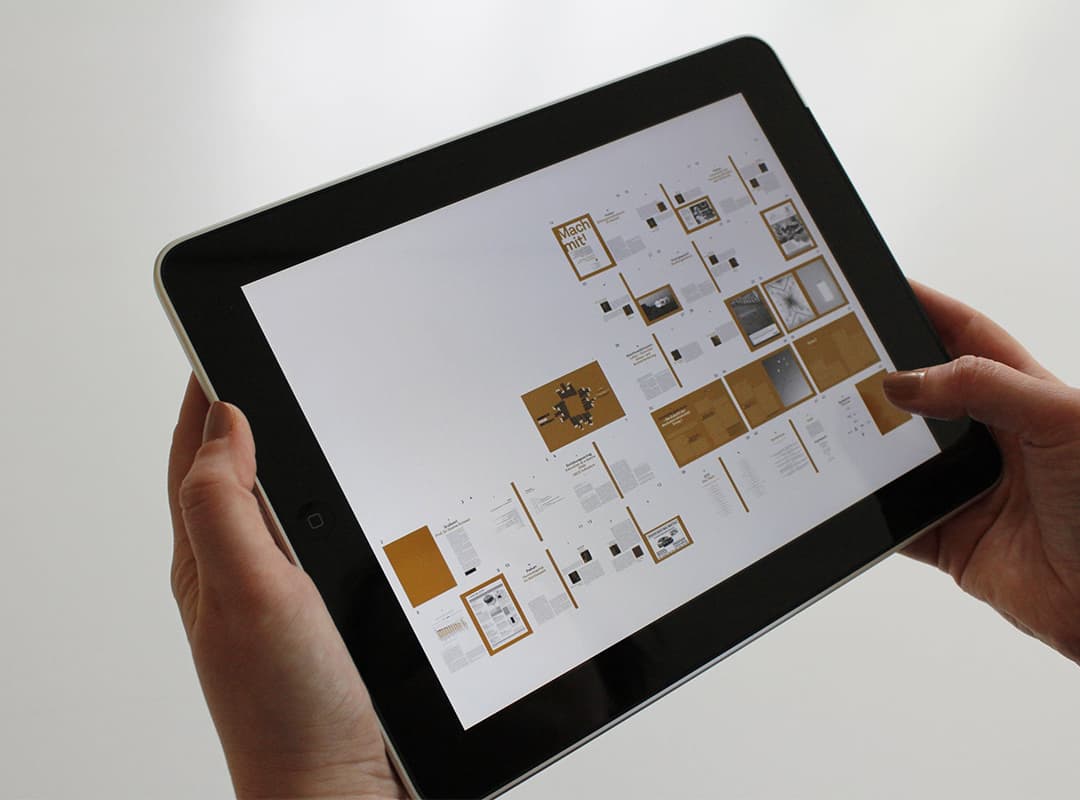Over the past fifteen years, information technology has been used to solve an increasing number of different tasks. Many new tools have emerged to help implement even the most complex ideas and increase business productivity. This requires the digitalization of the production process.
What is digitalization?
Domestic or industrial digital transformation is the process of introducing modern information technologies into the work of a company or enterprise. As a result, the organization reaches a new level of development and gets the opportunity to significantly increase profits in a short time.
Business digitalization involves not only the installation of additional equipment and software updates, but also a fundamental transformation of work processes. Thus, it is possible to introduce more effective management approaches, expand communication methods, and form a new corporate culture.
Business digitalization is possible not only at the beginning of its formation but also at later stages of its existence. In this case, entrepreneurs and employees enjoy the following benefits:
- Improved customer experience – with the help of appropriate technologies and tools, it is possible to maintain the most personalized interaction with customers and clients;
- Flexibility of various business processes, as well as their acceleration;
- The ability to use innovative tools – cloud technologies, Mobile First strategy tools and ready-made solutions greatly facilitate work in various areas;
- Ability to collect, analyze and store huge amounts of information.
Key areas of digitalization
Digital business transformation technologies are widely used in several areas:
- development of an improved business development model based on digitalization and the desire for modernization;
- development of digital services and goods or modernization of old ones for modern technologies;
- digitalization of business processes so that product life cycle management becomes easier and more accessible;
- automation of data collection, processing, and storage;
- digitalization for production process management;
- supply chain management;
- implementation of a number of administrative functions of the enterprise;
- efficient automation of manual labor of company employees through the introduction of robots and the use of electronic document management.
Depending on the goals of digitalization, the company or enterprise selects technologies that will increase the efficiency of its work processes.
